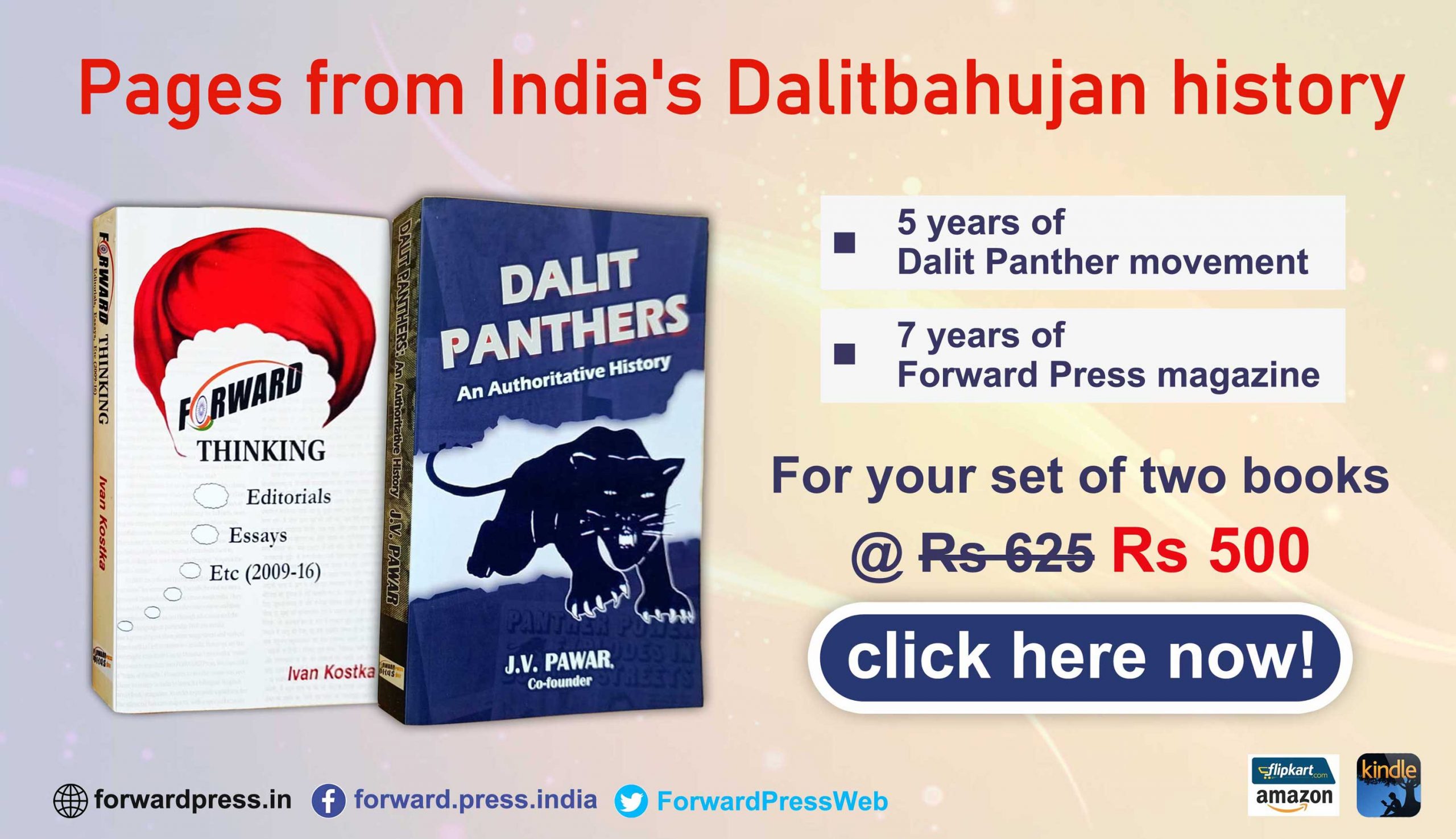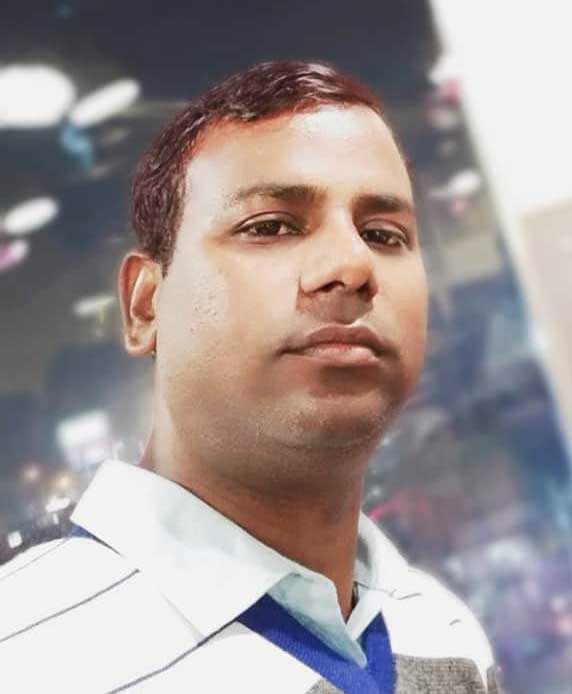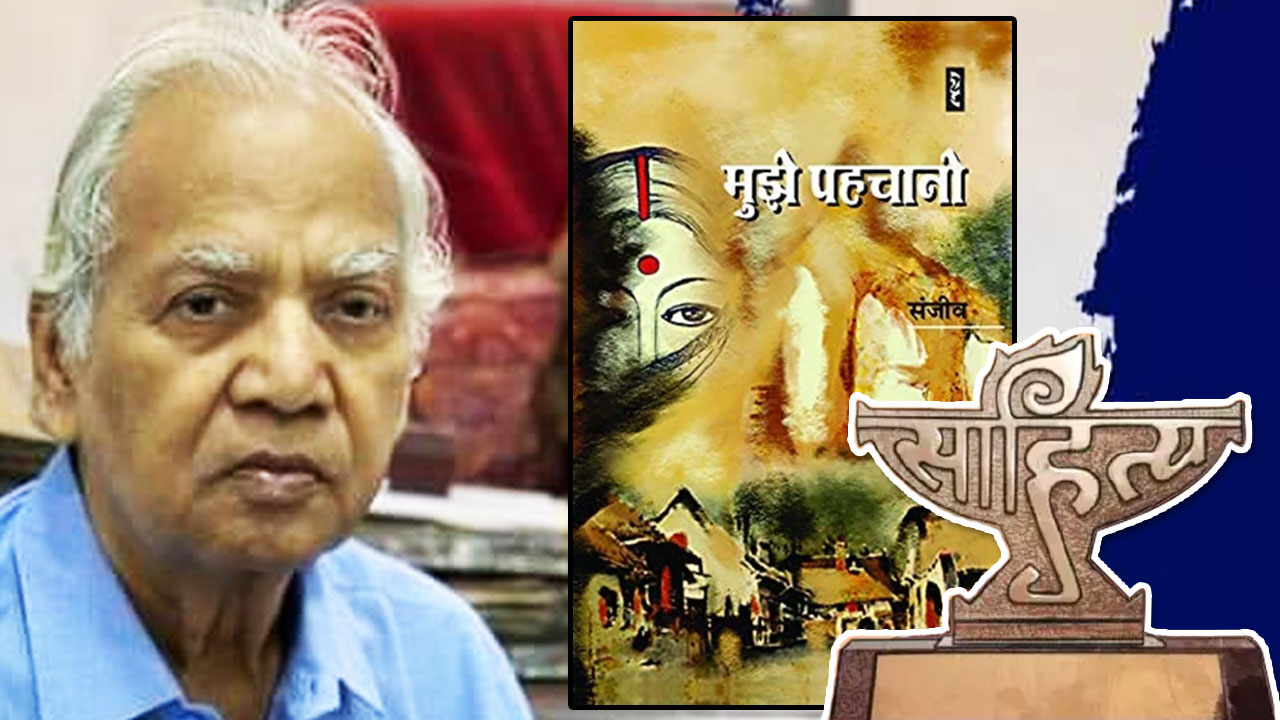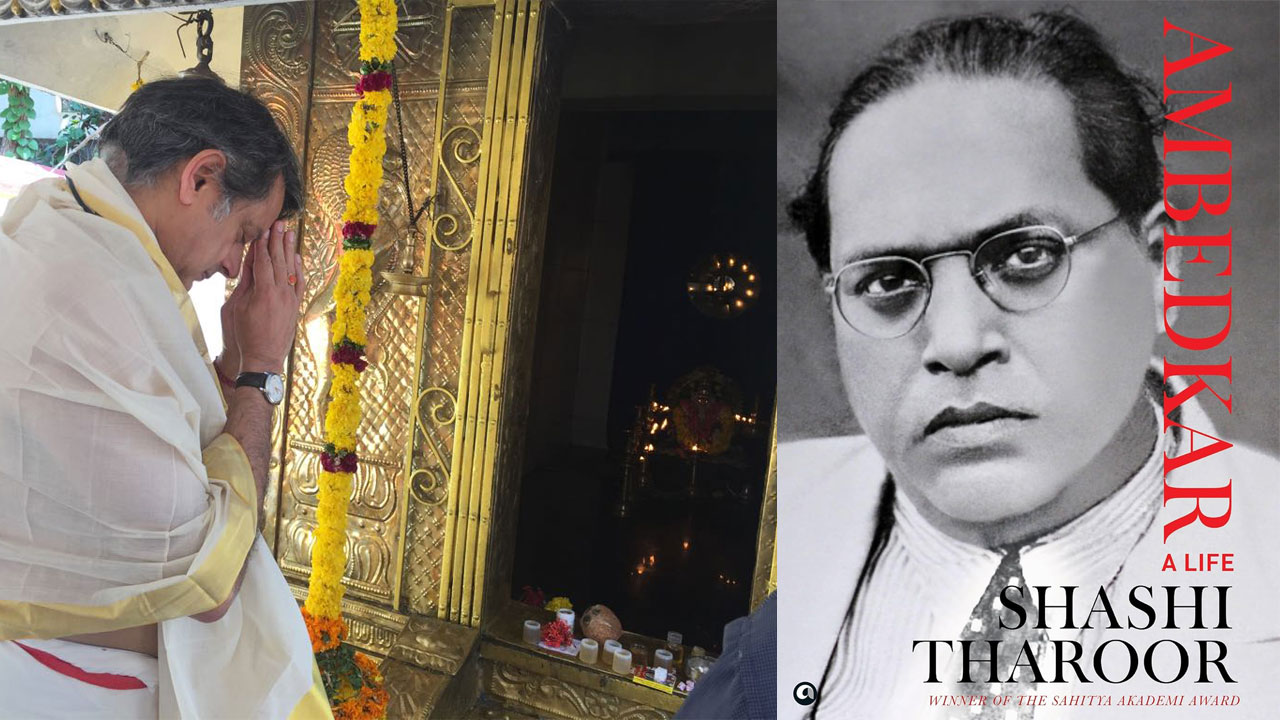Born into an Oraon Adivasi family of Ranchi (then Bihar, now Jharkhand) in 1954, Mahadev Toppo is recognized as a leading litterateur. He has written poetry, novellas, short stories and plays in Hindi and in his mother tongue Kurukh. He has also tried his hands at acting – in the Nagpuria film Baha and two short films Pahada and Aidpa Kaana (While Going Home) in Kurukh. Jangal Pahad Ke Path (anthology of poems) is among his notable published works. His poems have been translated into German, Assamese, Sanskrit and Telugu. Edited excerpts of his conversation with Kartik Chaudhary:
What inspired you to take to writing?
I had developed a liking for reading when I was in Grade 4. Once I happened to read somewhere that Father Camille Bulcke, a foreigner, lives in Ranchi and is a great Hindi scholar. When I joined high school, I used to walk past his home every day and would see him working, surrounded by books. That probably inspired me. My illiterate mother was very happy when she saw me reading. So, I read books just to make her happy. That was another source of inspiration.
Who are your favourite authors?
In the 1970s and 1980s, I used to read Sarika, Dharmayug, Saptahik Hindustan, Kahani or any other periodical I could lay my hands on. As for favourite authors, I have read Premchand, Ilachandra Joshi, Kamleshwar, Mohan Rakesh, Bhishma Sahni, Rajendra Garg, Mridula Garg, Jitendra Bhatia, Renu, Prabhu Joshi, Mithileshwar, Shaival, Malti Joshi, Mehrunnisa Pervez, Himanshu Joshi, Manohar Shyam Joshi, Sanjeev, Rajendra Awasthi, Dharmavir Bharti, Raguvir Sahay, Sarveshwar Dayal Saxena, Manglesh Dabral, Chandrakant Devtale, Arun Kamal and Ramvilas Sharma. I have also read the Hindi translations of novels, stories and plays originally written in Bangla, Punjabi, Marathi, Kannada, Oriya, Assamese, Rajasthani, Dogri, Tamil, Telugu, Gujarati and Malayalam.
How do you define Adivasi Literature?
Literature is meant for the betterment of humanity – no matter which language it is in or with which community or geographical region it is associated with. We divide it into different categories for our convenience – so that we can study it, analyze its specialties and weaknesses from different angles and see it from the point of view of the experiences of different people. In that sense, Adivasi Literature is the literature which views, understands and portrays life’s problems and people’s concerns from the perspective of the Adivasi, their outlook and their experiences; which talks about man, earth, nature, development, civilization, language, culture, politics, history and geography from their perspective; and which works for the betterment of humanity and our world.

What is the significance of “purkha” and “adivasiyat” for Adivasi Literature?
Both have their own significance. “Purkha” stands for our ancestors and the traditional knowledge which we receive from them as heritage. “Advasiyat” is about how the Adivasis see things – their outlook towards life. While valuing and preserving our traditional knowledge, we also need to analyze and reinterpret it. How and what the Adivasis do in keeping with today’s situation and problems and in consonance with their life values is what Adivasiyat is. For instance, Adivasis are often portrayed as anti-development. One should remember that the Adivasis also want development – but in keeping with their needs. They do not want development that gobbles up their land, that takes their life, that is solely focused on making money. In this respect, the world over, the Adivasis disagree with so-called developed and civilized society. In the wake of the Covid-19 pandemic, “civilized society” should dwell seriously on this issue.
What is the philosophy of the Adivasis?
It is defined in different ways by different people. As an Adivasi myself, I feel that it is a philosophy that respects and sustains the inter-relationship between earth, nature and humanity and sees it as one based on co-existence and interdependence. Also, it is opposed to development that preys on humanity and land and that is capitalist, consumerist, feudal, dominant and discriminatory. This is the philosophy of the Adivasis.
Also read: Manoranjan Byapari: ‘We won’t make any gods in Bangla Dalit literature’
What are the contemporary challenges facing Adivasi Literature?
A challenge that the Adivasi authors are facing is that they are unable to write in all genres. Also, they are grappling with a litany of problems in their personal lives. Should they take on displacement for so-called development and save their land, or should they try to save their language and their culture, or should they struggle to secure the rights conferred on them by the Constitution, or should they struggle to save their land, forests, water, conscience, language, life and women, as well as for education and employment? The challenge is that they should write more and more and work and struggle for strengthening the solidarity between the indigenous peoples of the world. The struggles of the tribal peoples all over the world have been about saving our earth. They should realize this and unitedly struggle at the global stage so that the slide of humanity and our planet to sure destruction can be arrested.
What, according to you, is the difference between the writings of the Adivasi and non-Adivasis?
It is the same as the difference between getting burnt yourself and seeing others getting burnt. But sometimes, the one who sees another person getting burnt can describe the experience better than the one who is actually getting burnt. Adivasi authors have been expressing themselves through literature for just a couple of decades, so they have a lot to learn. As they gather more experience, they will get better.
What is the broad objective of Adivasi Literature?
Literature is not only about entertainment. It is also about recording the struggles of human life, their internal contradictions so that the coming generations can make life better, more peaceful, full of love and more dignified. The earth has enough water, forests and land for all of us but the lust for profit, a business perspective has blinded us. This should be stopped. Otherwise, nature will decide to repair its wounds itself with catastrophic consequences for humans as the corona pandemic has shown. That is why Adivasis advocate protecting and preserving earth, nature and using its resources in a restrained and limited manner. The fact that Adivasis authors have now started talking not only about saving land, forests and water but also about saving their conscience, language, life, roots and sentiments shows that Adivasi Literature is not only about entertainment. It encapsulates the struggle of every person who wants to see this earth green, fertile and healthy, who wants pure air and water and wants to protect earth and nature.
Your collection of poems Jangal Pahad Ke Path talks about Adivasis’ identity, displacement, development, oppression and struggles and the government’s policies? Do you see any positive impact of such writings?
Of course, positive impact is very visible. You must have noticed that the tone of Hindi poetry has changed over the past couple of years. Many poets now seem to be exploring the inter-relationship between earth, nature and humanity. It is a big achievement that poets are standing up for earth and nature.
Well-known novelist Ranendra has talked about your poetry giving expression to people’s anger. Will this anger bring about social equality?
It is difficult to say whether it will bring about equality or not. But what I can say is that it does have an impact on society. But this impact is gradual. The changes brought about by literary writings are always slow. Had the likes of Kabir, Shakespeare, Dostoevsky, Leo Tolstoy, Maxim Gorky, Premchand, Tagore, Mahashweta Devi, Gopinath Mahanti and many other Indian and foreign writers not written about the issues and the questions related to human relationships and oppression, it would have taken longer for human consciousness to develop. Despite their efforts, the problems continue. Gradually, men are being freed from the slavery of other men. People are trying to understand each other. This is the importance of the people’s anger. If you won’t talk about your problems, if you won’t cry, if you won’t shout, who will understand your problem and who will help you? It is good that people are getting to realize the importance of this. Black Lives Matter is a case in point.
Many Dalit writers won recognition through their autobiographies. Do you think Adivasi litterateurs should take the same route?
As a literary genre, autobiographies should be written. However, I believe that the Adivasis can write better poetry, short stories and novels because tribal communities in India and all over the world are facing social, political, economic, cultural, linguistic, spiritual and racial exploitation, tyranny and discrimination. No other community shares this fate with them. They have to fight for their life, their body and their land, forests, cultural roots, languages and conscience. Other communities are far behind them though they may try to confuse the Adivasis by posing to be their leaders and guides.
What are the similarities between Dalit and Adivasi literatures?
Both talk about life’s struggles. But then the lifestyles and the experiences of the two communities are entirely different and because of that, some difference is bound to be there.
What would be your message to young Adivasi writers?
Explore and understand the inter-relationships between human life, earth and nature. That would make your writings better. Also study your folk traditions, songs and stories.
(Translation: Amrish Herdenia; copy-editing: Anil)
Forward Press also publishes books on Bahujan issues. Forward Press Books sheds light on the widespread problems as well as the finer aspects of Bahujan (Dalit, OBC, Adivasi, Nomadic, Pasmanda) society, culture, literature and politics. Contact us for a list of FP Books’ titles and to order. Mobile: +917827427311, Email: info@forwardmagazine.in)
The titles from Forward Press Books are also available on Kindle and these e-books cost less than their print versions. Browse and buy:
The Case for Bahujan Literature
Dalit Panthers: An Authoritative History







